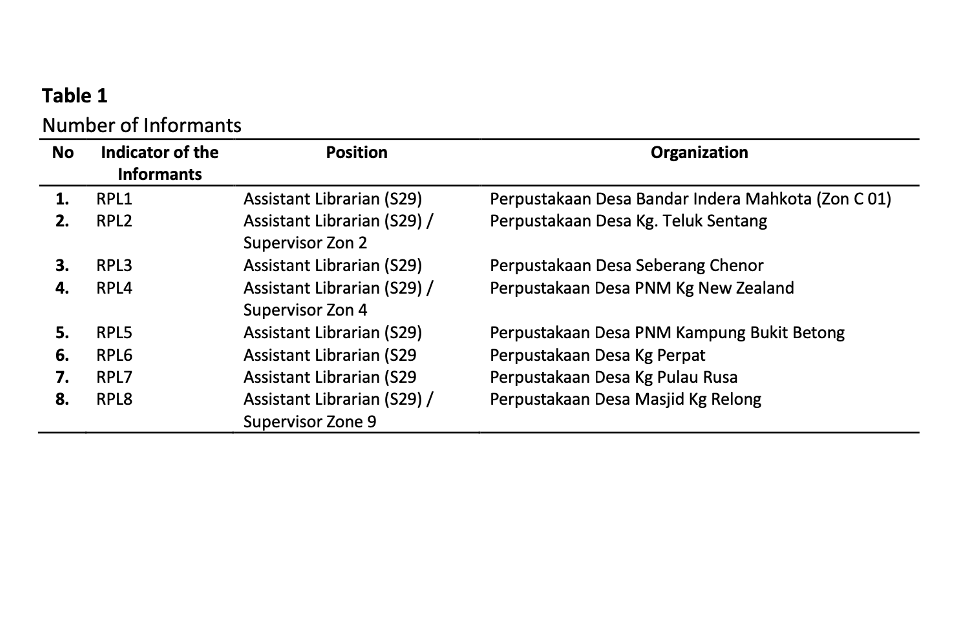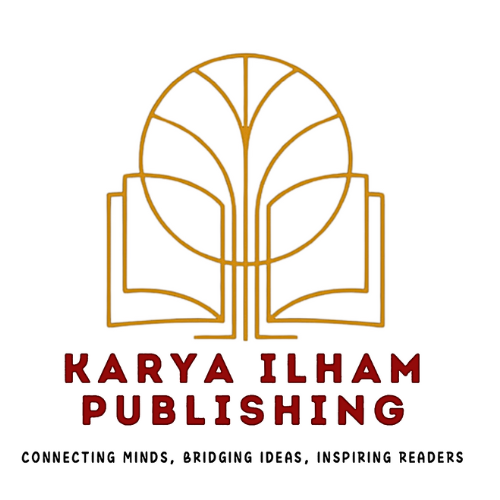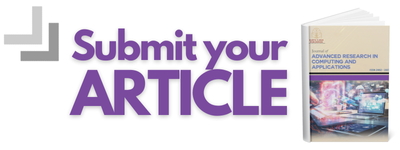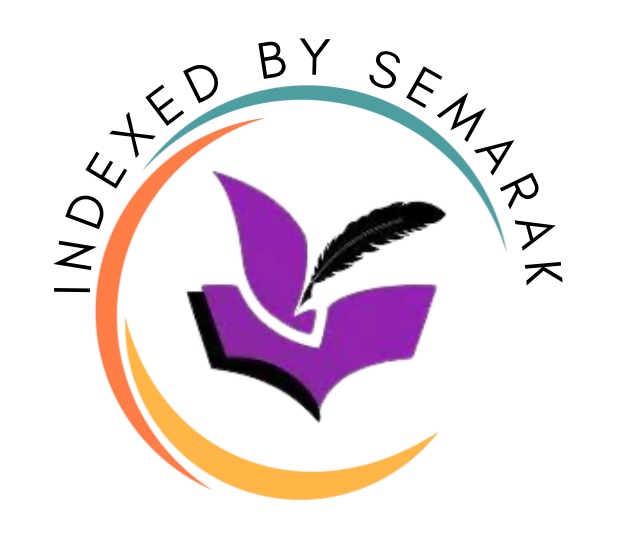Towards Digital Inclusion: Assessing the Availability of Digital Literacy, Collaboration and Partnership and Community Engagement for Digital Technology (DT) Sustainability in Pahang Rural Public Library (RPL).
DOI:
https://doi.org/10.37934/arca.39.1.212225Keywords:
Digital technology, digital literacy, collaboration, community engagementAbstract
Digital Inclusion refer to the practices that ensure the individual and community could have access on the digital technologies. The rural public library plays a significant role to ensure that the rural community could have access on the digital technologies and its services. However, there are rural communities that least connected and included in using the digital technologies due to the lack of digital infrastructure, lower average levels of education and skills as well as low of socioeconomic status. Therefore, this research purposely to assessing the availability digital technologies works such as digital literacy program, collaboration and partnership on technology usage and community engagement with digital technology towards digital technology sustainability in Pahang state rural public libraries. The qualitative research approach has been adopted by conducting the interview session with librarian to explore the digital technologies availability in the Rural Public Libraries (RPL) in Pahang. The findings show that there are various digital literacy programs has been organized by Pahang rural public libraries in accessing the digital technologies. Besides that, RPL also collaborates and partnerships with other agencies in supporting the library service to serve the community. The findings also show that the librarian within the rural public library creates the engagement with the community by assisting the library user using government applications. Further suggestion has been discussed to make sure the rural community will engage with the digital technologies without any exclusion particularly in Malaysia. The significance of this study is to ensure that the rural community could receive the benefits that have been given by the government to engage with the digital technology in the digital era.
















